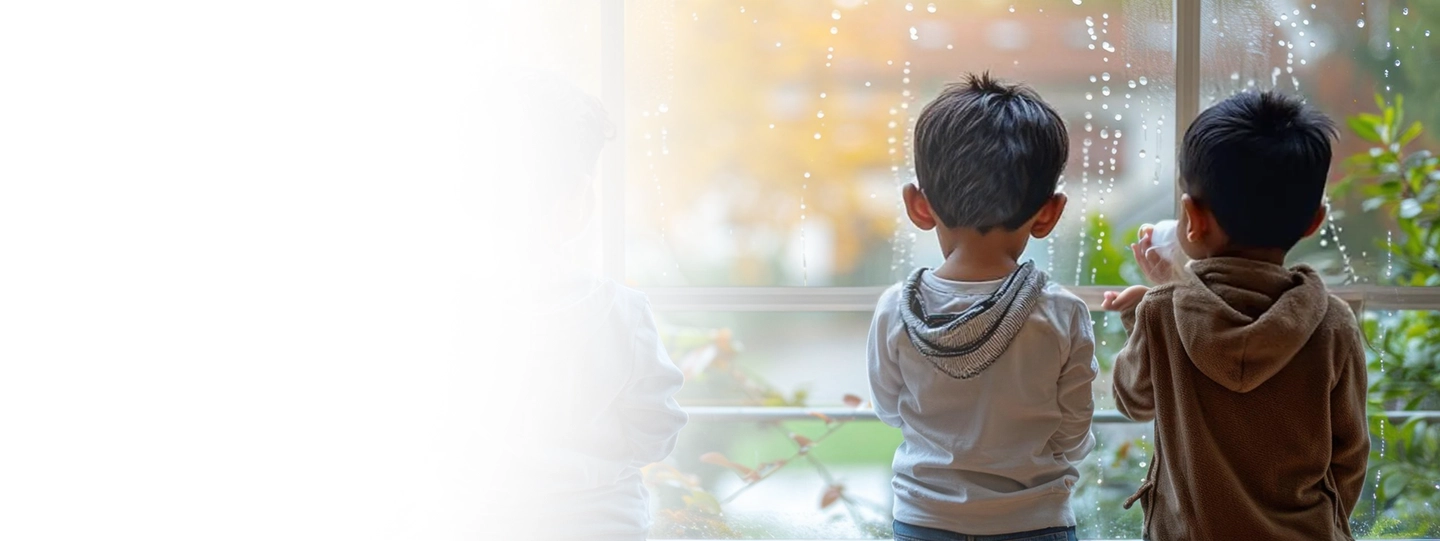

The rainy season is apt for the proliferation of bacteria, viruses, and parasites. The following are some of the most prevalent diseases that occur among children:
Mumbai and Pune, along with other cities, experience waterlogging and flooding, which can also pollute drinking water. This results in illnesses like:
These diseases result from the consumption of infected water or food. Children are affected by vomiting, dehydration, fever, and pain in the abdomen.
Jaipur, Pune, and Mumbai all experience a spike in vector-borne conditions during the rains. The water stagnating acts as a breeding ground for mosquitoes, resulting in:
Symptoms in children are high fever, body pains, pain in joints, and in extreme cases, low platelet count or rashes.
Because of varying temperatures and humidity, respiratory diseases are prevalent:
Kids are most vulnerable in congested surroundings like schools and public transport.
Every city experiences something different during the monsoons.
As a semi-arid city, Jaipur has brief and heavy rainfall. Potholes and poor drainage in lower areas are responsible for the mosquito infestation. Dengue and viral fevers are at their peak during this period.
The cold and humid weather of Pune is favorable to fungal infections and respiratory diseases. Clogged drains may cause outbreaks of gastrointestinal diseases and skin diseases.
Mumbai urban flooding and heavy rain raise the incidence of leptospirosis and other waterborne illness risks. Overcrowding of the public infrastructure creates another exposure risk for kids.
Early intervention is critical. Parents need to seek medical attention if the child shows:
Monsoon diseases can be prevented by :
Nutrition contributes significantly to immunity. The ideal diet in the rainy season is:
Do not wait if:
Early detection is important when treating illnesses such as Dengue or Hepatitis before they become complicated.
The monsoon period, while invigorating, is problematic for children and their families—particularly in urban centers such as Jaipur, Pune, and Mumbai. If you remain aware of the need for hygiene, look out for signs, and take advice from a pediatrician if necessary, you can make sure your child is safe to enjoy the rain. Prevention is always better than cure—particularly when it's your child's health at stake.
Q1: How can I protect my child from stomach infections during monsoons?
A: Avoid giving raw or unwashed vegetables and fruits. Ensure only boiled or filtered water is used. Carry home-cooked meals when traveling.
Q2: What are the early signs of dengue or chikungunya in kids?
A: Fever, body aches, rashes, and fatigue. Seek a pediatric consultation immediately if such symptoms appear during the monsoon.
Q3: Can monsoon weather trigger asthma in children?
A: Yes. Mold growth and humidity may make asthma or allergic bronchitis worse in children. Use air cleaners or maintain indoor humidity at manageable levels.
